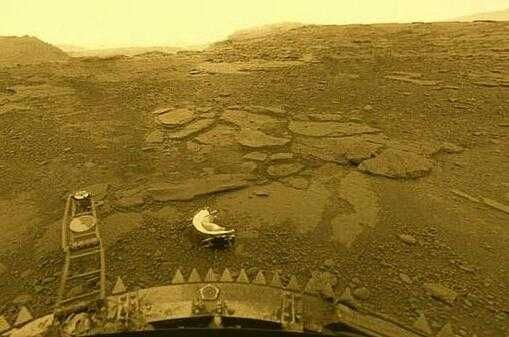
Follow this thread to hear about the impact of satellite constellations on astronomy at #AA240! Starting in ~20 min!
There are >100,000 planned satellites by 2029
Satellite concerns fall under the AAS Committee on Light Pollution, Radio Interference and Space Debris, you can read more about them here aas.org/comms/committe…
First up is Pat Seitzer from University of Michigan, talking about satellite mitigation: 'The first mitigation is don't launch'
Other than that, we want to make satellites as dim as possible and track them really well
The largest constellation is currently Starlink. Unfortunately, recent design changes made them ~0.5 magnitudes brighter than earlier designs
Pat Seitzer concludes by asking you to go see the dark night sky whenever you can, because it's changing fast!! 🌃
Piero Benvenuti shares the development of a world-wide collaboration to address satellite constellations 



Radio telescopes will also be affected, here's a crazy plot of how radii frequencies are allocated - a lot of science bands are located right next to frequencies assigned to satellites 😬 

Satellite photobombs from Meredith Rawls (@merrdiff). Optical astro hasn't been seriously impacted yet ... but satellite counts are still rising. It's a 'Hockey stick curve of doom' 



This is a cool study on satellite streaks, if you have astro images impacted by satellites, upload them here! trailblazer.dirac.dev
Today I learned that there are dark sky consultants, what a cool job! darkskyconsulting.com
'We aren't against the internet, we just don't want it to be super reflective'
From James Lowenthal - satellites launched by one country pass over everyone, so we've all gotta collaborate!
And with that it's snack time, thanks for learning about satellites with me :)
• • •
Missing some Tweet in this thread? You can try to
force a refresh




